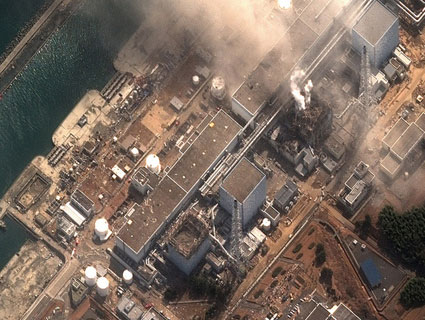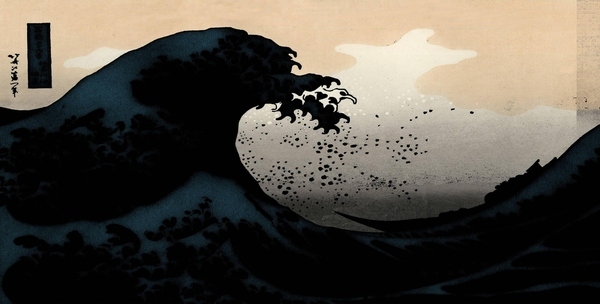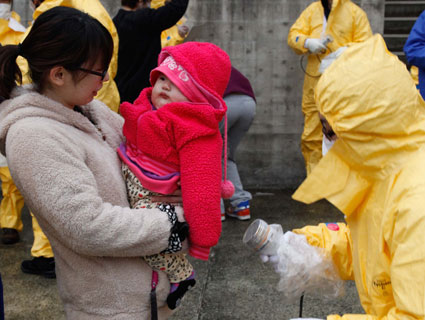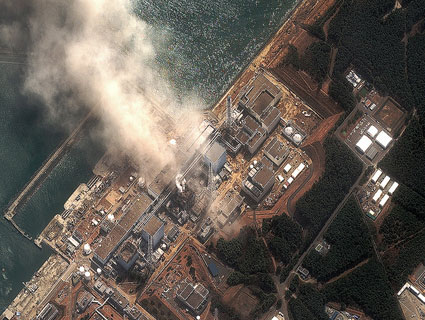I came across a news story from the Singapore-based Strait Times on a public lecture that Yukiya Amano, the director general of the International Atomic Energy Agency (IAEA), gave last August that he probably wouldn’t deliver today.
The headline, “Nuclear plants ‘need not be far from urban areas,'” offers a good sense of the main point of his comments. Amano goes on to highlight Japan as a key reason we should have confidence in locating plants near urban areas:
He gave two examples of nuclear power plants built close to urban areas in Japan to stress his point. One is the Shimane plant, located just 10km from built-up areas in the town of Kashima-chou in the Matsue city in Shimane prefecture. The other, Tokai No. 2, sits 15km from populated areas in the town of Tokai.
Addressing concerns about safety, Mr Amano said that while it was not possible to eliminate all risks of accident, these could be contained in three ways to give ‘credible assurance of safety’.
First, he said, the design of reactors is much more advanced now and much safer, reducing the risk of an accident like the one in Chernobyl, Ukraine, where the world’s worst nuclear power plant accident killed 56 people in 1986 and caused thousands more cancer deaths.
The second measure related to having well-trained people run the plants, and the third, to having good construction work. ‘It is like a house: even though the design is nice, if the construction work is sloppy, then the plant is not good,’ he said.
In Japan’s ongoing nuclear crisis, Japanese officials have called for the evacuated of those living up to 12 miles from the site and urged people to remain indoors if they live up to 19 miles from the site. The evacuation has affected up to 200,000 people—a figure that would have been vastly higher if the plant were closer to a major city.













